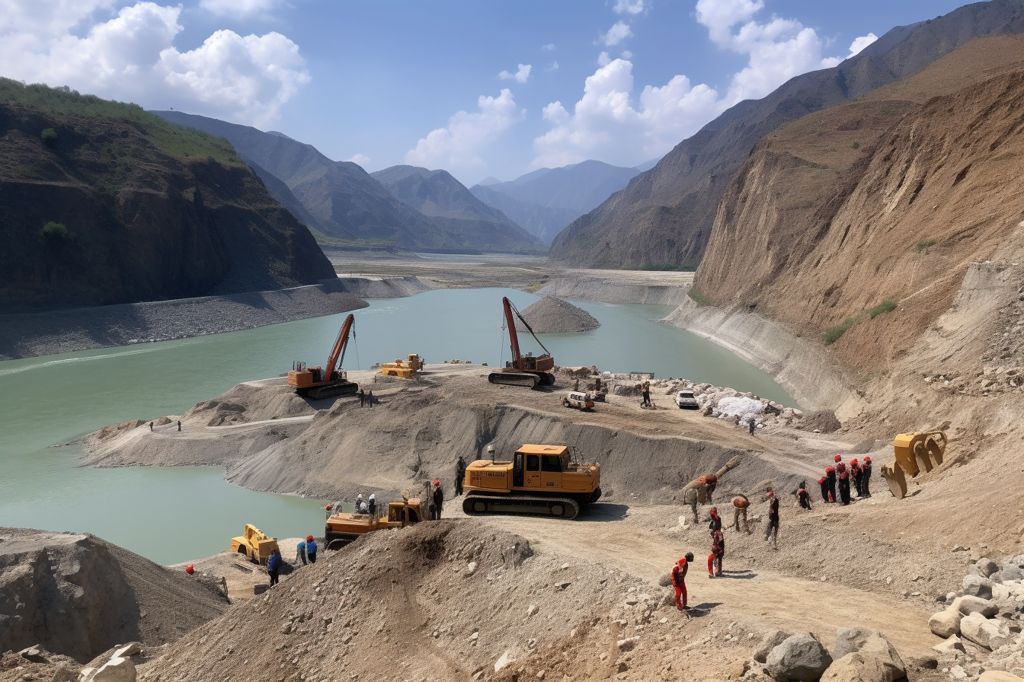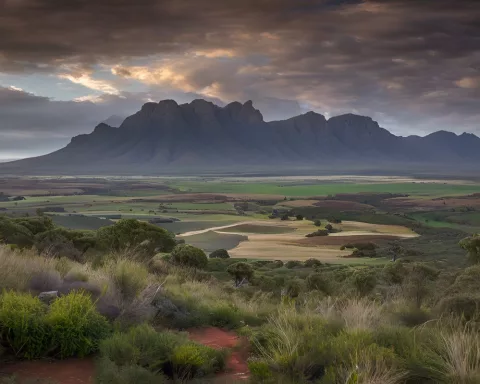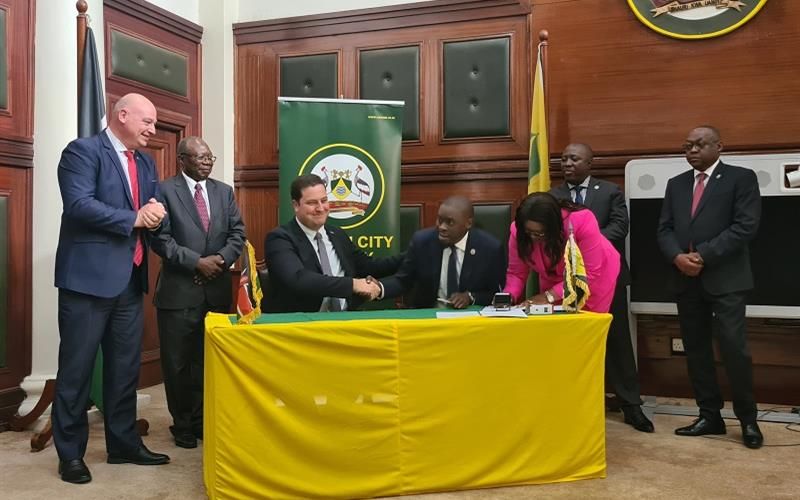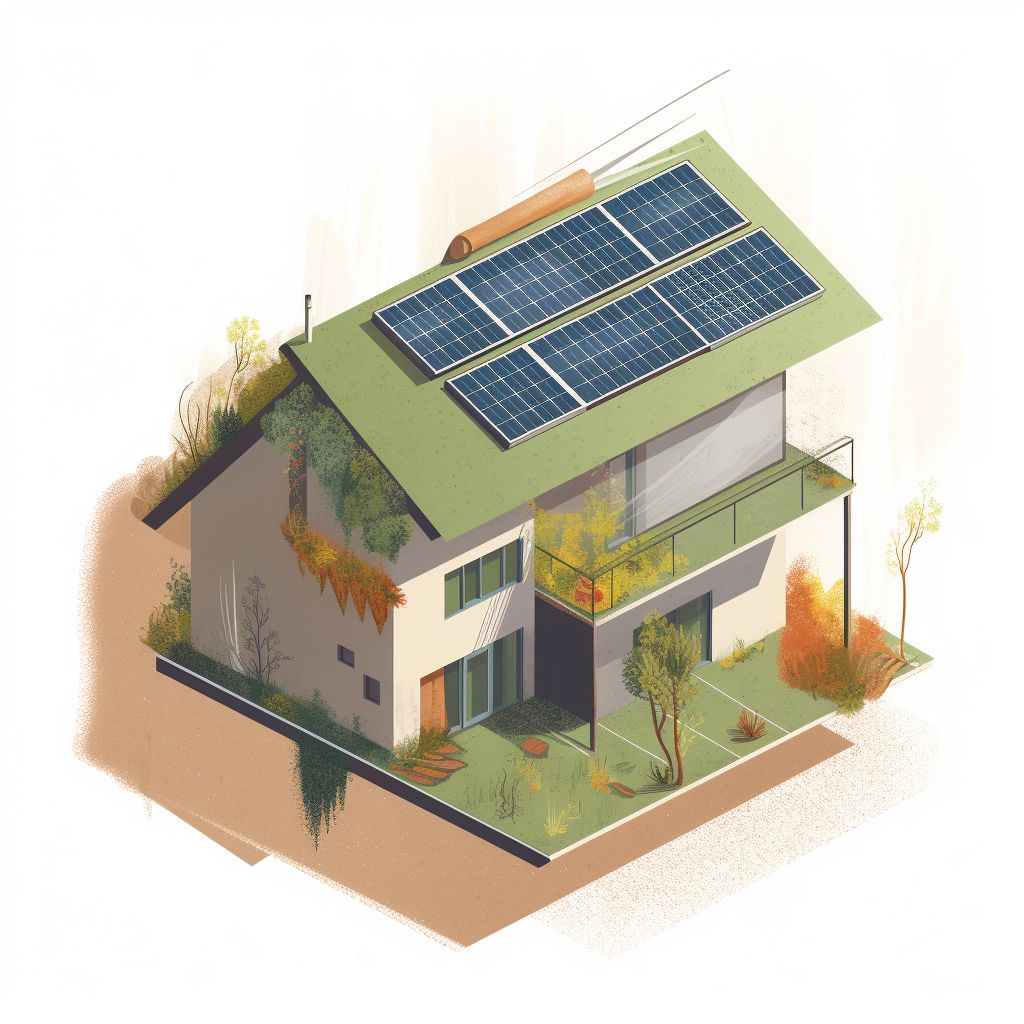The Lesotho Highlands Water Project (LHWP) is an ambitious infrastructure project that aims to address the water needs of South Africa’s most populous province, Gauteng, by tapping into the water resources of neighboring Lesotho.
Phase II: Construction and Progress
Phase II of the project involves the construction of a dam, a transfer tunnel, and a bridge across the Senqu River. The project has been delayed for several years due to various challenges, including funding issues and concerns about the environmental impact of the project. However, the recent groundbreaking ceremony is a sign that the project is finally moving forward.
Benefits for Lesotho and South Africa
The LHWP is a crucial project for both Lesotho and South Africa. For Lesotho, it represents a significant source of revenue and job creation, as well as access to electricity. For South Africa, it represents a vital source of water to meet the needs of Gauteng, which is home to over 12 million people and contributes around 34% of the country’s GDP.
Trans-Border Collaboration
The LHWP is also a testament to the strength of the relationship between Lesotho and South Africa. The two countries share deep cultural, linguistic, and customary ties, and the project represents a prime example of successful trans-border collaboration.
Funding and Goals
The LHWP is primarily funded through South Africa’s financial markets, with the Trans Caledon Tunnel Authority raising the majority of the estimated R40 billion capital required for Phase II. One of the main goals of the project is to provide a reliable source of water to Gauteng.
Environmental and Community Concerns
However, the LHWP is not without its challenges. One of the main concerns is the potential impact of the project on the environment, particularly on the Senqu River. There have also been concerns about the fair compensation and relocation of affected communities.
A Step Forward
Despite these challenges, the LHWP represents a significant step forward in the provision of vital public infrastructure for both Lesotho and South Africa. It serves as a beacon of hope and progress, demonstrating the possibilities of successful trans-border collaboration on a large scale.












